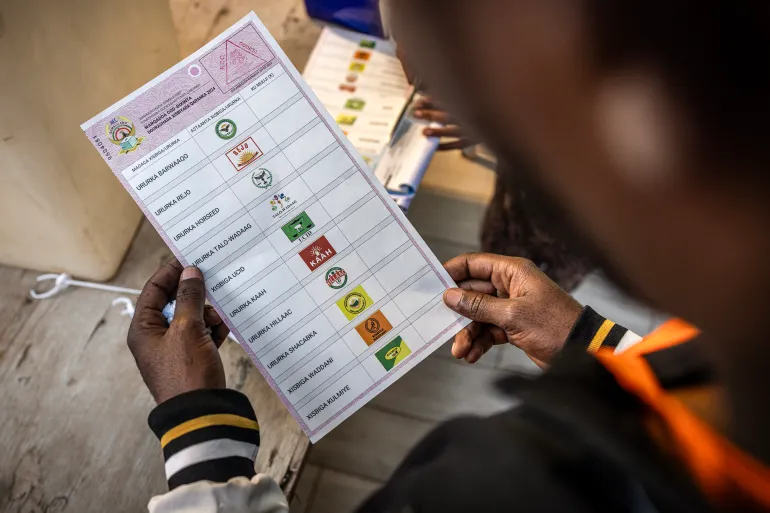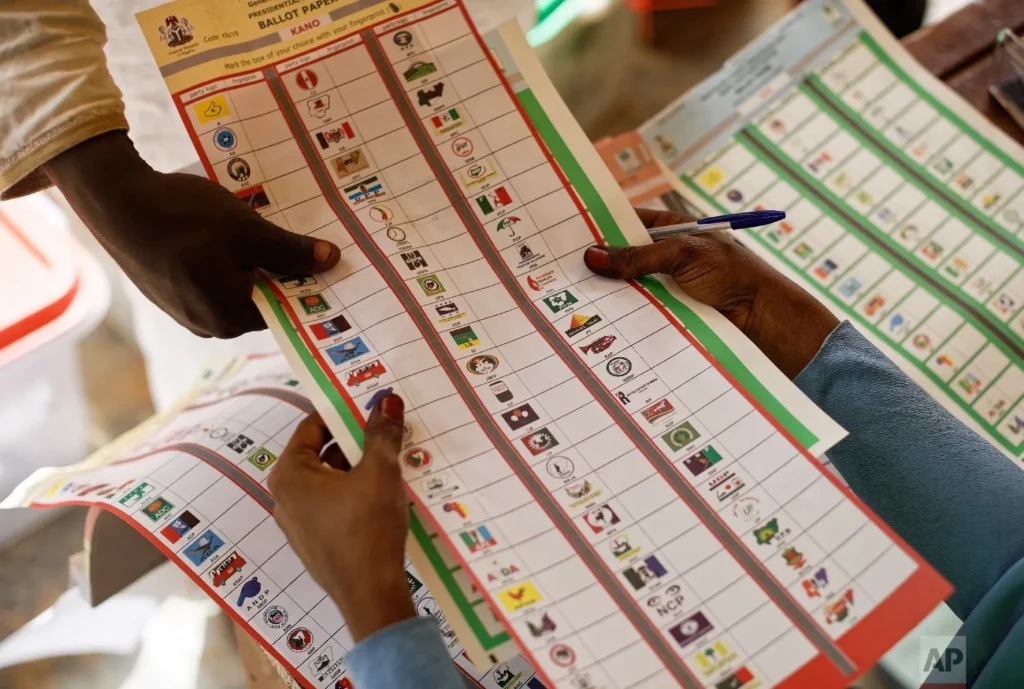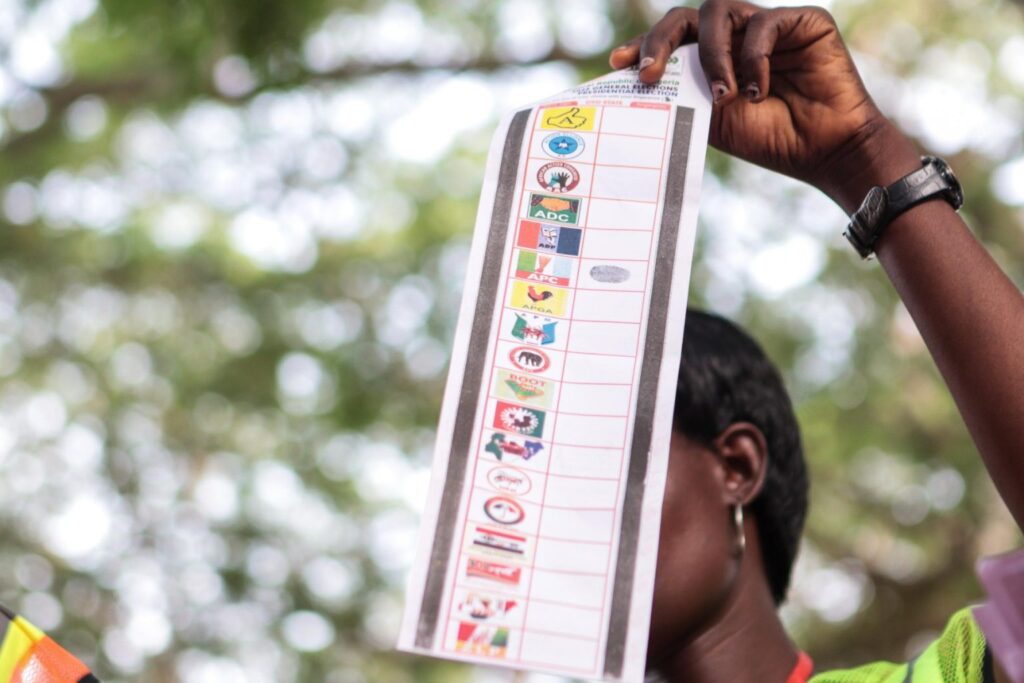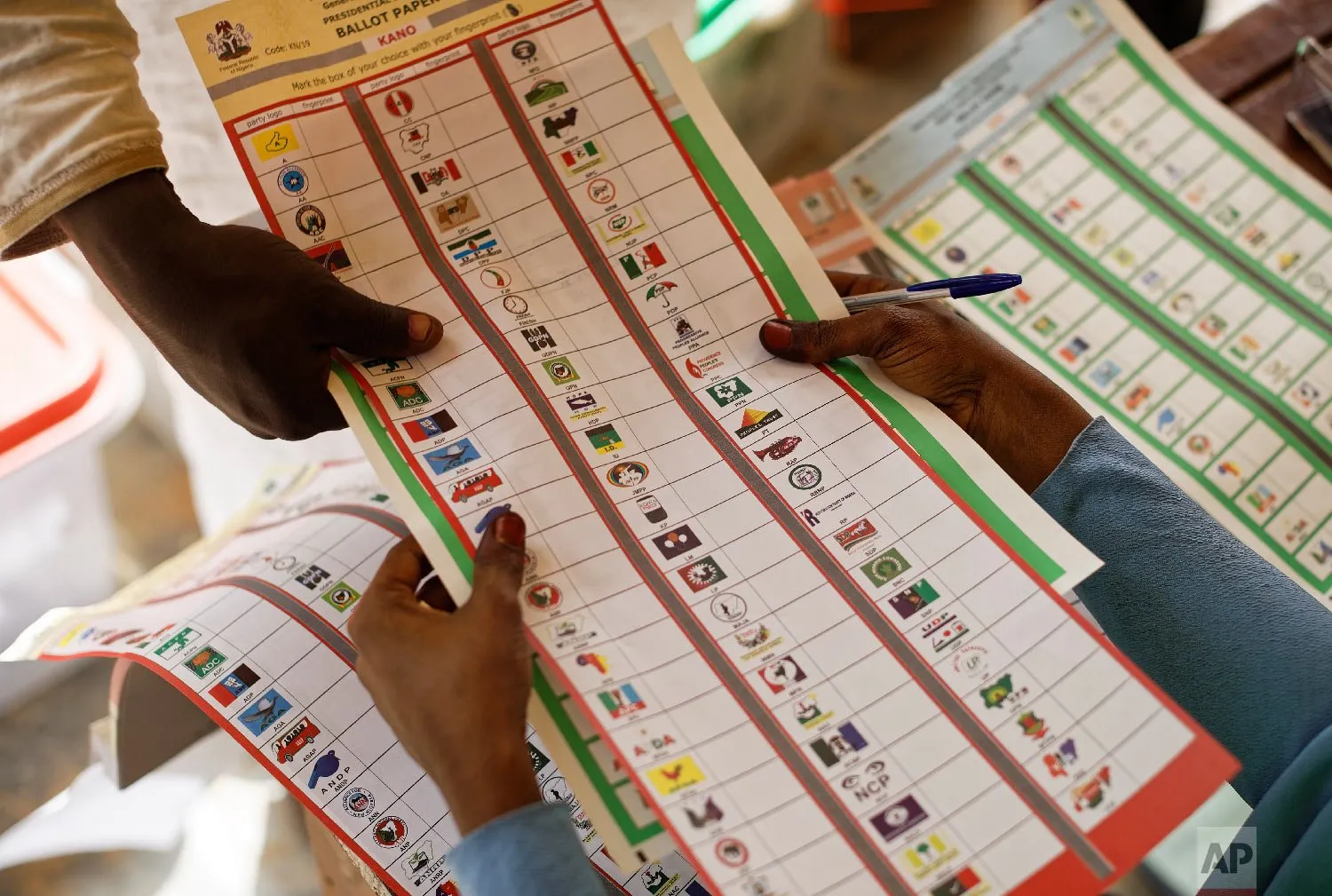Somaliland eyes recognition: In the midst of regional tensions and aspirations for international recognition following 30 years of self-rule, Somaliland begins voting.

The presidential election in Somaliland, a breakaway territory of Somalia, is now underway.
At more than 2,000 polling places, almost 1 million voters are anticipated to cast ballots on Wednesday.
In anticipation of Donald Trump’s future U.S. president and a contentious agreement with Ethiopia, candidates have expressed their desire to bring international recognition to Somaliland following more than thirty years of de facto self-rule.
Somaliland eyes recognition: After seven years in power, President Muse Bihi Abdi of the ruling Kulmiye Party is running for a second term and has advocated for such recognition.
His opponents back the cause as well. Faisal Ali Warabe of the Justice and Welfare Party supports a government of national unity, whereas Abdirahman Mohamed Abdullahi of the main opposition Waddani Party ran on a program of social cohesion and democratic reforms.
Legislators decided to prolong Bihi’s term by two years, even though the vote was initially planned for 2022.

Controversy over port deal
Somaliland unilaterally declared its independence in 1991, occupying a strategic location on the northwest tip of Somalia, close to the Red Sea gateway. Since then, it has been more tranquil and stable than the rest of the nation.
The self-declared republic has its own army, currency, and passports. Nevertheless, no government in the world recognizes it, which limits its six million citizens’ access to international financing and travel.
Somaliland eyes recognition: A contentious agreement with neighboring Ethiopia is set to be finalized, according to the capital’s administration, Hargeisa. The agreement, which was signed in January, would provide Addis Ababa access to the sea. Ethiopia, a landlocked country, would offer a “in-depth assessment” of recognition in exchange.
Fears of war in the restive region were sparked by the arrangement, which infuriated Somalia, which sees it as a hostile breach of its sovereignty. Nevertheless, the agreement has not been criticized by either of the opposition candidates.

One of the main contributors to a peacekeeping team battling Islamist rebels in Somalia is Addis Ababa. However, the deal has brought Somalia closer to Egypt and Eritrea, Ethiopia’s longtime adversaries.
Somaliland is also hopeful that Washington’s long-standing acknowledgement of Mogadishu’s sovereignty over Somaliland will be reexamined by the new Trump administration.
In public, a number of senior State Department officials who worked on Africa policy during Trump’s first term have expressed support for Somaliland’s recognition.

